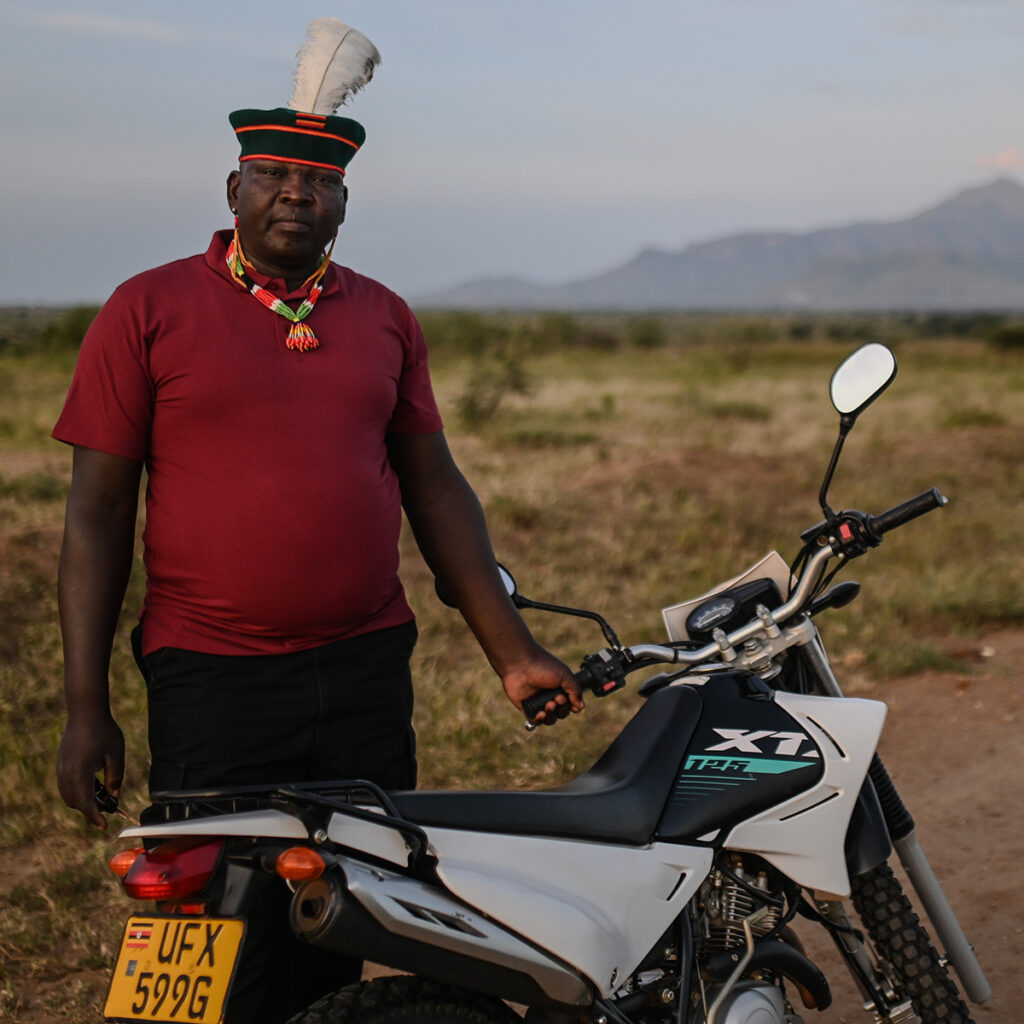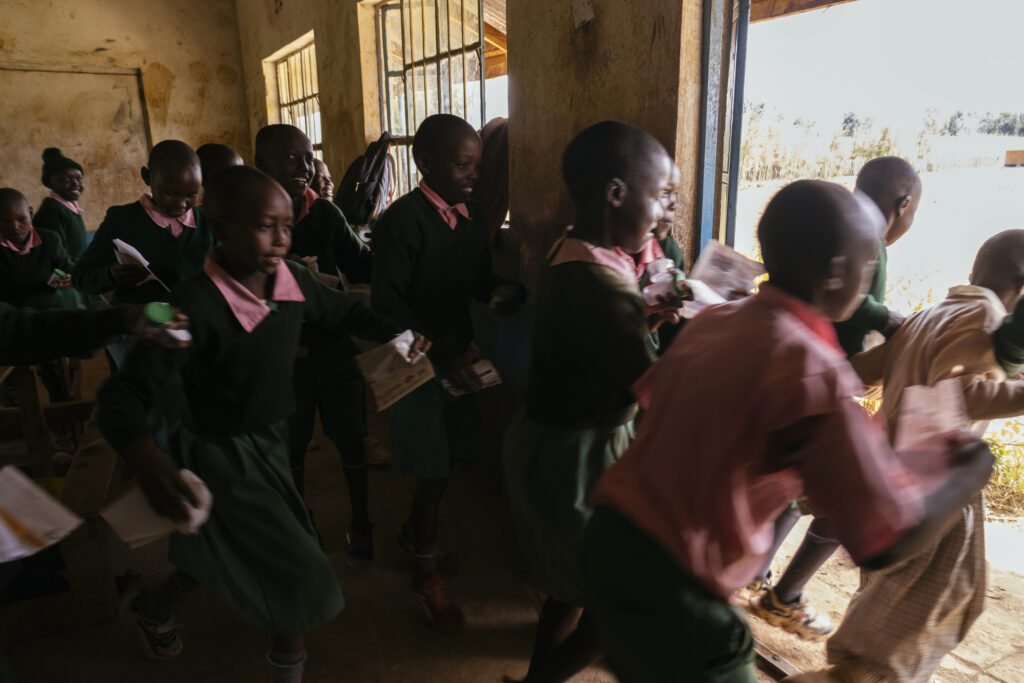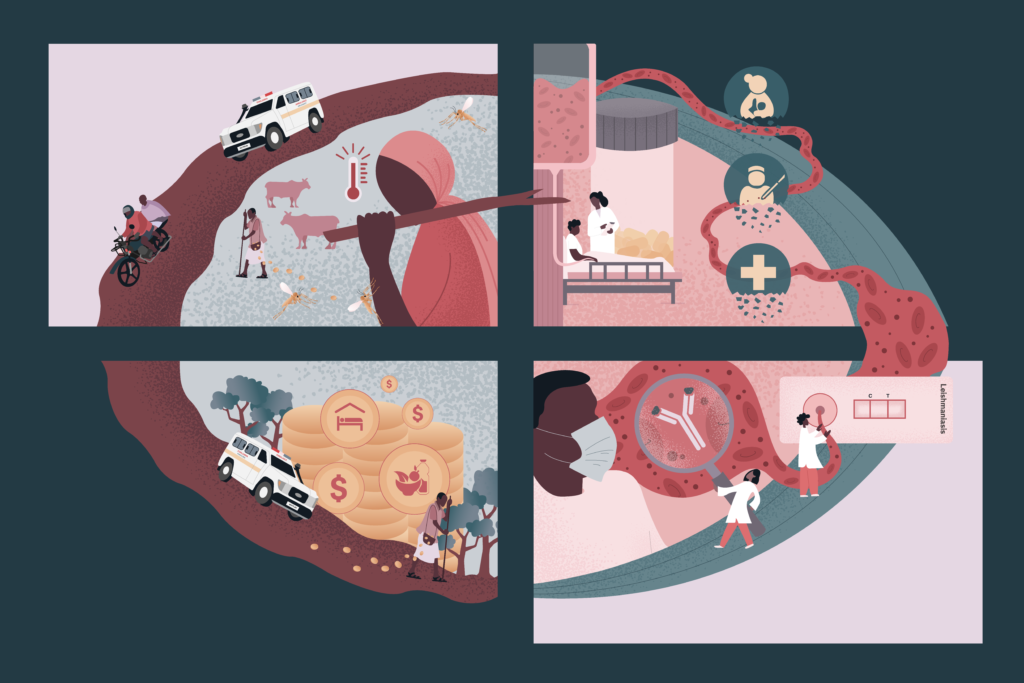One year ago, the international development community and other key stakeholders convened in Kigali, Rwanda to launch the historic Kigali Declaration on Neglected Tropical Diseases (NTDs). The declaration galvanized new and existing commitments from governments, the private sector, and non-governmental organizations (NGOs), resulting in US $4 billion in funding commitments and the donation of 18 billion tablets from pharmaceutical companies for the prevention and treatment of NTDs.
The END Fund, along with its partners, recognize the critical steps made in the effort to end NTDs in the past year – for example, Niger became the first country in Africa to eliminate river blindness, a milestone previously considered impossible. More recently Benin and Mali have joined the list of countries that have eliminated trachoma. Following the Kigali Declaration, the END Fund, through the generosity of our major donors, co-invested with government partners to advance progress against NTD elimination by 2030.
However, progress against NTDs is at risk of stalling, with COVID-19-related disruptions continuing to impact mass drug administration programs, essential service delivery, and supply chain reliability. In addition, plateauing of funding and economic downturn has resulted in a reduction in resources available to existing NTD control and elimination programming.
Ahead of the recent G7 Summit – hosted by the Government of Japan in May – legislators from 24 countries urged world leaders to prioritize necessary investments to eliminate NTDs in an effort to make good on the Group’s endorsement of the Kigali Declaration. We welcome the Summit’s resulting G7 Nagasaki Health Ministers’ Communiqué committing to do so, particularly as it pertains to universal health coverage (UHC) and health system strengthening for infectious diseases. This continued commitment is key to delivering on the World Health Organization’s NTD Roadmap. They can and will bring us closer to our vision of a world without NTDs – but only if translated to concrete action and investment.
To break down the barriers surrounding ending NTDs, the global community must work together to mobilize resources, partnerships, and community expertise to move the needle on these neglected diseases. The END Fund’s unique funding mechanism seeks to maximize resources and impact in the response to the most common NTDs. Our model enables us to act quickly and effectively – with a track record of fostering strong partnerships and equipping communities with the resources they need to launch, scale, and sustain a NTD control and elimination response.
The END Fund and its partners will no doubt be part of the solution, but amid global disruption and uncertainty, the global community must maintain focus on the achievable goal of ending NTDs by 2030. By delivering on the commitments made in the Kigali Declaration and mobilizing further investment during a challenging time, we can make good on our collective promise to the world — a future free of NTDs.



